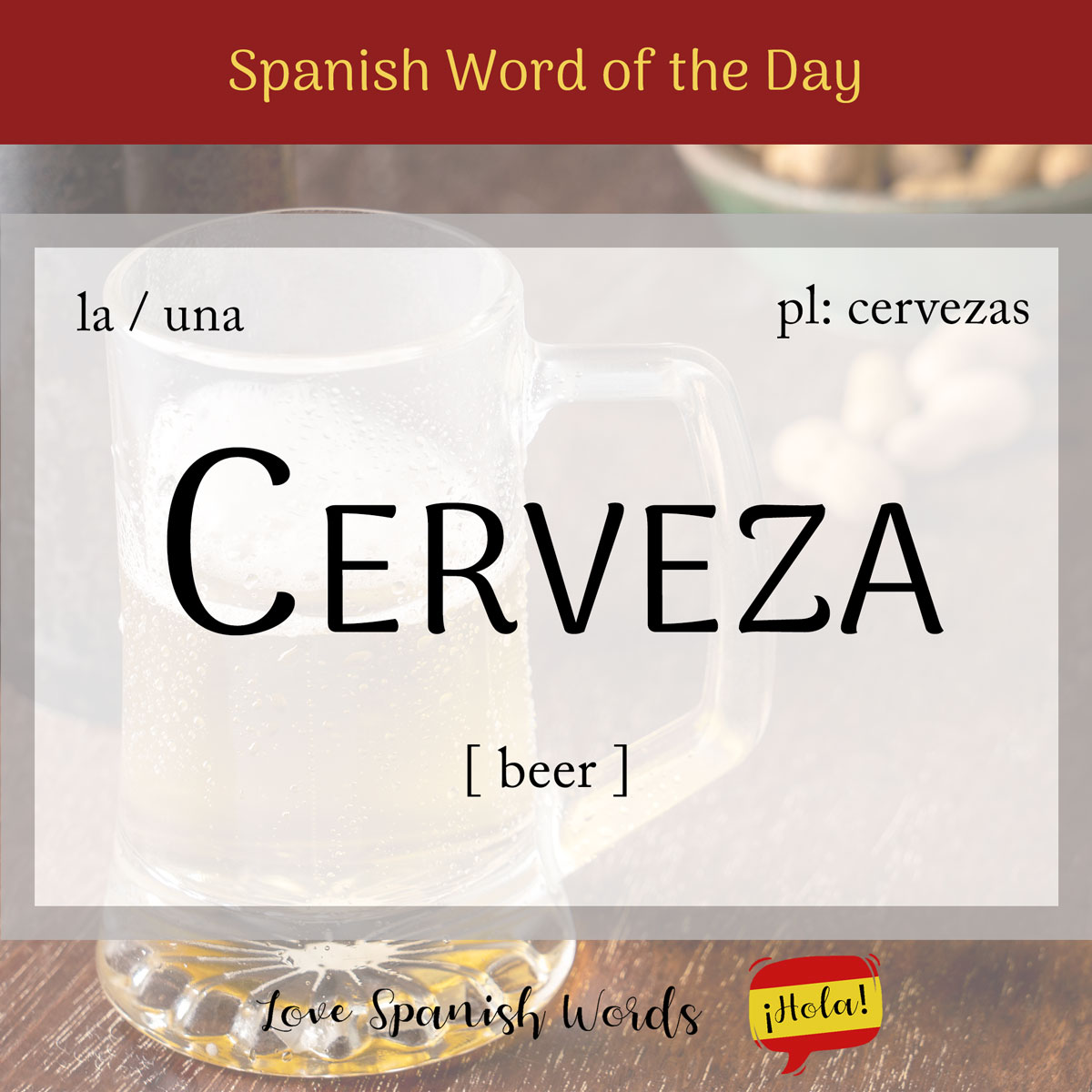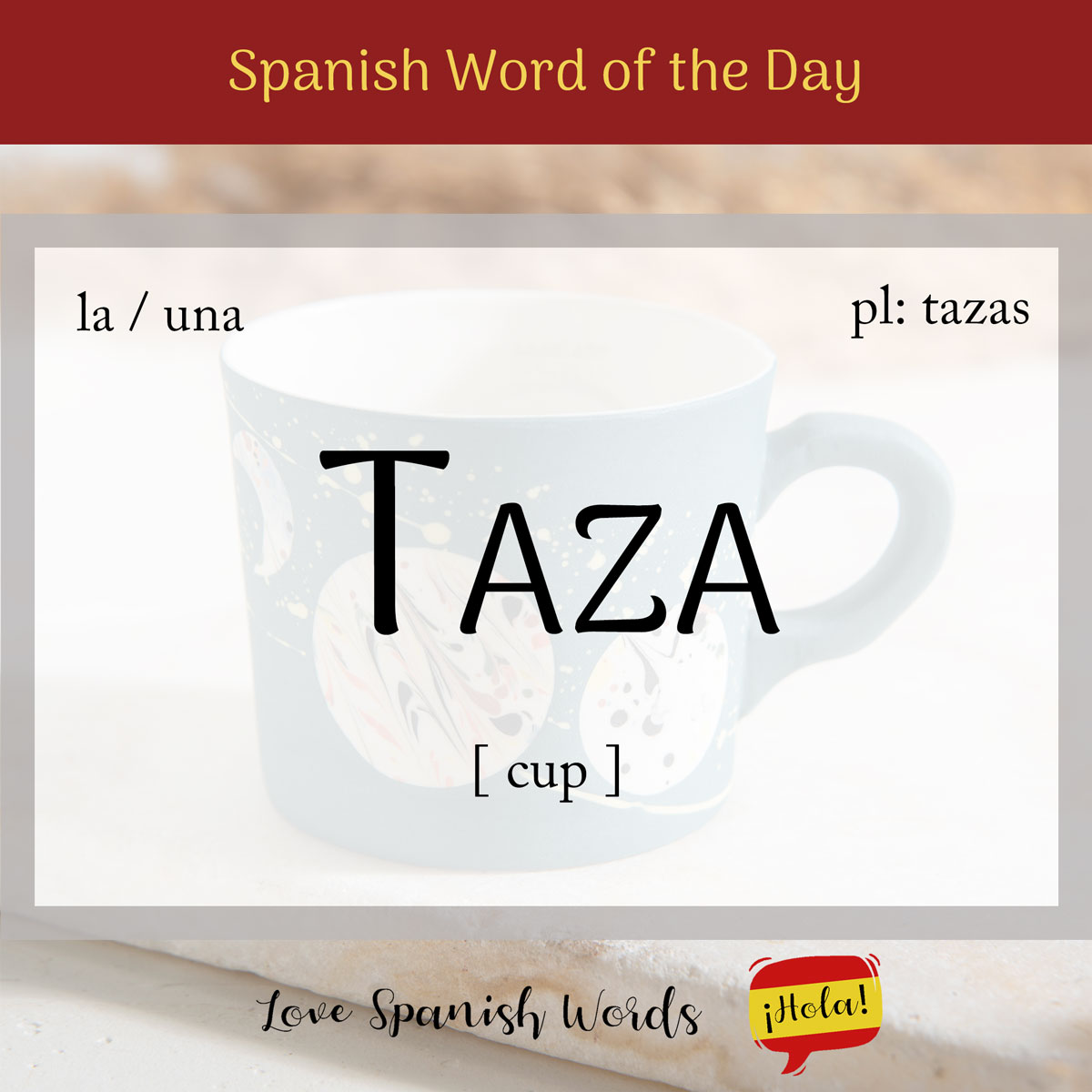Spanish Word of the Day: Cerveza (beer)
Cerveza, translated to beer in English, is one of the most consumed drinks around the world and is most often enjoyed in social settings. If you’re planning to visit a Spanish-speaking country and want to enjoy a cold one with the locals, keep reading to learn the many colloquial terms for cerveza so you order …






